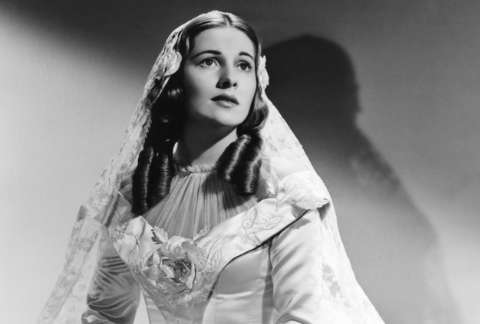The Influence of Jane Eyre on Modern Literature
Jane Eyre, written by Charlotte Brontë, has had a profound impact on the landscape of modern literature. First published in 1847, this groundbreaking novel introduced themes of individuality, morality, and the complexity of human emotions. As we explore its influence, it becomes clear why this classic continues to resonate with readers and writers alike.
Empowerment and the Strong Female Protagonist
One of the most significant contributions of Jane Eyre to modern literature is the depiction of a strong, empowered female protagonist. Jane’s journey from a mistreated orphan to an independent woman defying societal norms paved the way for future female characters. Writers today often draw inspiration from her resilience and complexity, creating protagonists that challenge traditional gender roles. This evolution can be seen in the likes of Katniss Everdeen from The Hunger Games and Elizabeth Bennet from Pride and Prejudice, who embody similar strength and independence.
Gothic Elements and Dark Themes
Jane Eyre also popularized the use of Gothic elements and dark themes, which continue to pervade contemporary literature. The novel’s blend of romance, mystery, and psychological depth has influenced countless authors in their quests to explore the human psyche. Modern novels like The Silent Patient by Alex Michaelides or Rebecca by Daphne du Maurier exhibit similar Gothic tones and character complexity. These narratives often revolve around secrets, psychological turmoil, and moral dilemmas, echoing Brontë’s mastery in merging these traits with compelling storytelling.
Exploring Social Issues and Morality
Brontë’s exploration of social issues—such as class, race, and gender—remains startlingly relevant in today’s literature. Jane Eyre scrutinizes the rigid societal structures of its time, and today’s authors continue to address similar themes. Books like The Hate U Give by Angie Thomas and The Underground Railroad by Colson Whitehead reflect a more contemporary approach to these classic themes, challenging readers to confront uncomfortable truths about society. By weaving moral quandaries into their plots, modern authors echo Brontë’s call for social justice and empathy.
In conclusion, the impact of Jane Eyre on modern literature is undeniable. Its strong female lead, incorporation of Gothic elements, and exploration of pressing social issues have paved the way for a new generation of writers. If you’re interested in delving deeper into this classic and its influence, consider reading modern reinterpretations or exploring more about Brontë’s life and works. Engage with the timeless themes and powerful characters that continue to inspire and provoke thought today!
